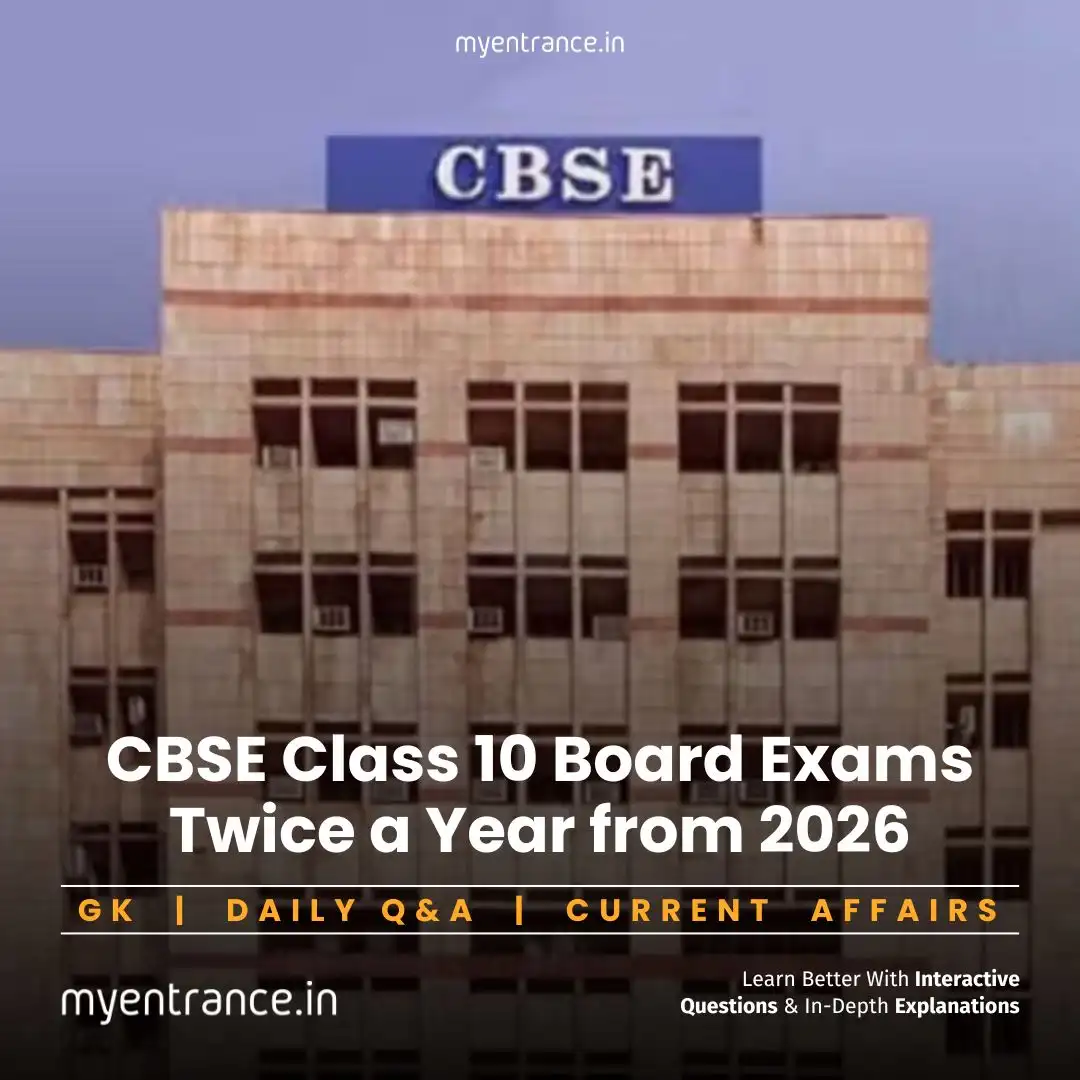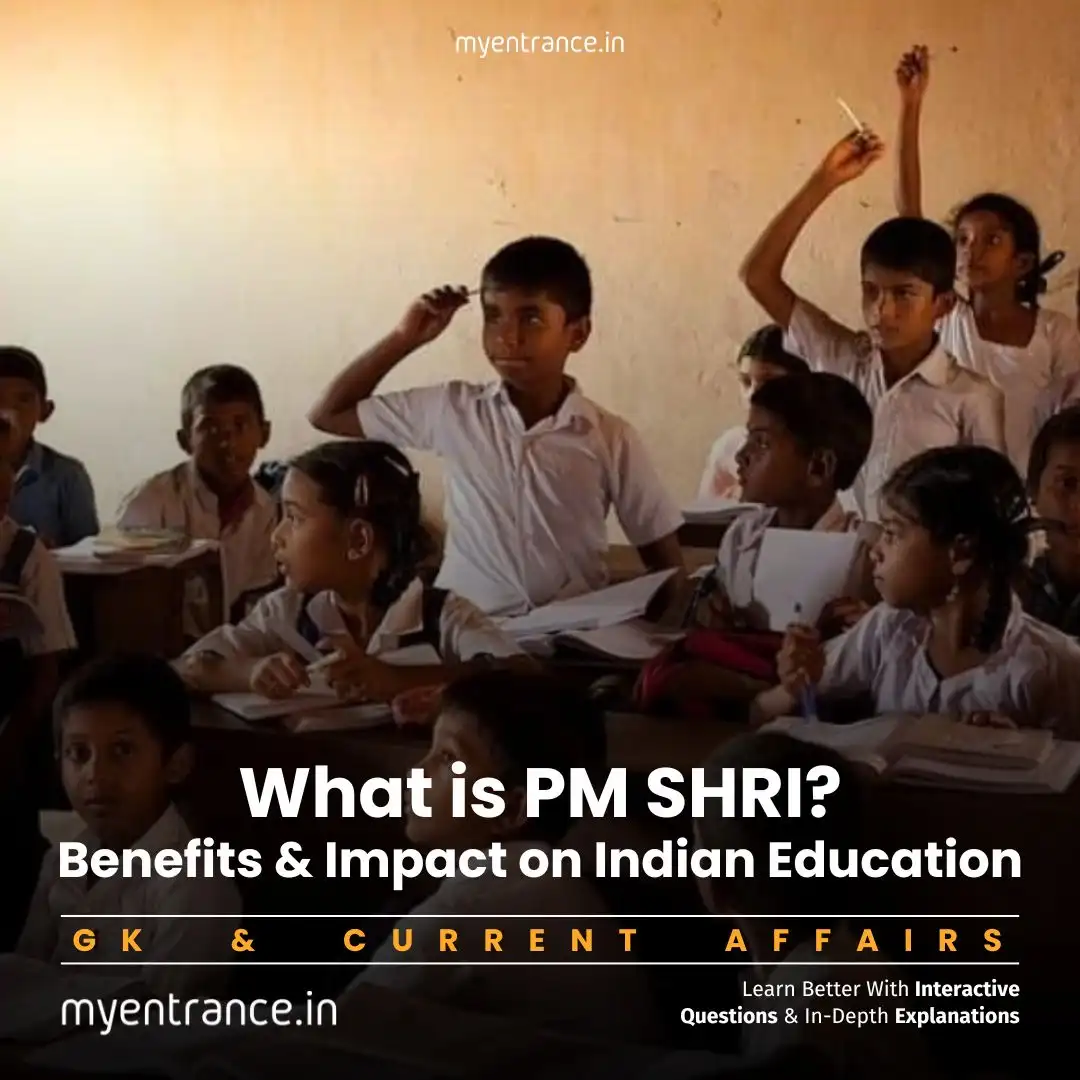Select Language
CBSE Reduces Exam Stress: Optional Second Attempt for Class 10 Students from 2026
The Central Board of Secondary Education (CBSE) has announced a major reform—Class 10 board exams will now be conducted twice a year starting in 2026. This change, aligned with the National Education Policy (NEP) 2020, aims to reduce exam stress and offer students flexibility in improving their scores. The best performance from either attempt will be considered for the final result, making it a student-friendly approach for competitive exams like SSC, PSC, and NIFT.

Why This Matters for Competitive Exams
The CBSE’s decision to conduct Class 10 board exams twice a year has significant implications for students preparing for competitive exams:
Reduced Exam Stress: Multiple attempts mean students can perform better without the fear of a single high-stakes exam.
Better Academic Records: A higher score in Class 10 strengthens profiles for future exams like SSC, PSC, and NIFT.
Alignment with NEP 2020: Encourages continuous learning rather than last-minute cramming.
Flexibility in Preparation: Students can focus on improvement without repeating an entire academic year.
Competitive Edge: Stronger foundational scores help in cracking government and design entrance exams.
Key Changes in CBSE Class 10 Exam Pattern (2026 Onwards)
1. Two Exam Phases – Mandatory First Attempt, Optional Second Attempt
All students must appear for the first exam phase.
The second phase is optional, allowing students to improve their scores.
The best score from either attempt will be considered final.
2. Staggered Result Declaration
First phase results will be announced in April.
Second phase results will be out by June.
This gives students enough time to decide on a reattempt.
3. Internal Assessments Conducted Once a Year
Schools will hold internal assessments only once per academic year.
Simplifies evaluation while maintaining fairness.
How This Helps Students Preparing for SSC, PSC, NIFT, and Other Exams
Stronger Academic Base: Higher Class 10 scores improve eligibility for competitive exams.
Less Pressure: Students can focus on long-term preparation without exam anxiety.
Better Time Management: Multiple attempts allow strategic planning for entrance exams.
Improved Confidence: Securing a good score early boosts morale for future tests.
Sample Questions & Answers (Based on CBSE’s New Exam Policy)
Q1: When will the biannual CBSE Class 10 board exams begin?
A1: The new biannual exam system will start in 2026.
Q2: Is the second attempt mandatory for CBSE Class 10 students?
A2: No, the second attempt is optional—only the first phase is compulsory.
Q3: How will the final result be calculated under this new system?
A3: The best score from either the first or second attempt will be taken as the final result.
Q4: What is the purpose of introducing two board exam cycles?
A4: It reduces stress, offers score improvement opportunities, and aligns with NEP 2020’s student-friendly approach.
Q5: How will internal assessments be conducted under the new policy?
A5: Internal assessments will be held once per academic year to streamline evaluations.
Most Predicted Questions
Comprehensive study materials, Expert-guided tips & tricks, Mock tests and instant results.
Start your SSC, NIFT, NID, FDDI, PSC journey today with MyEntrance, your ultimate online coaching platform.















